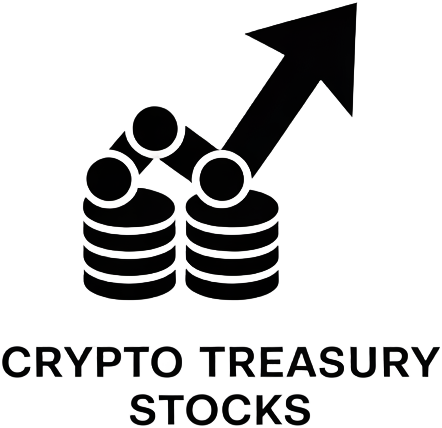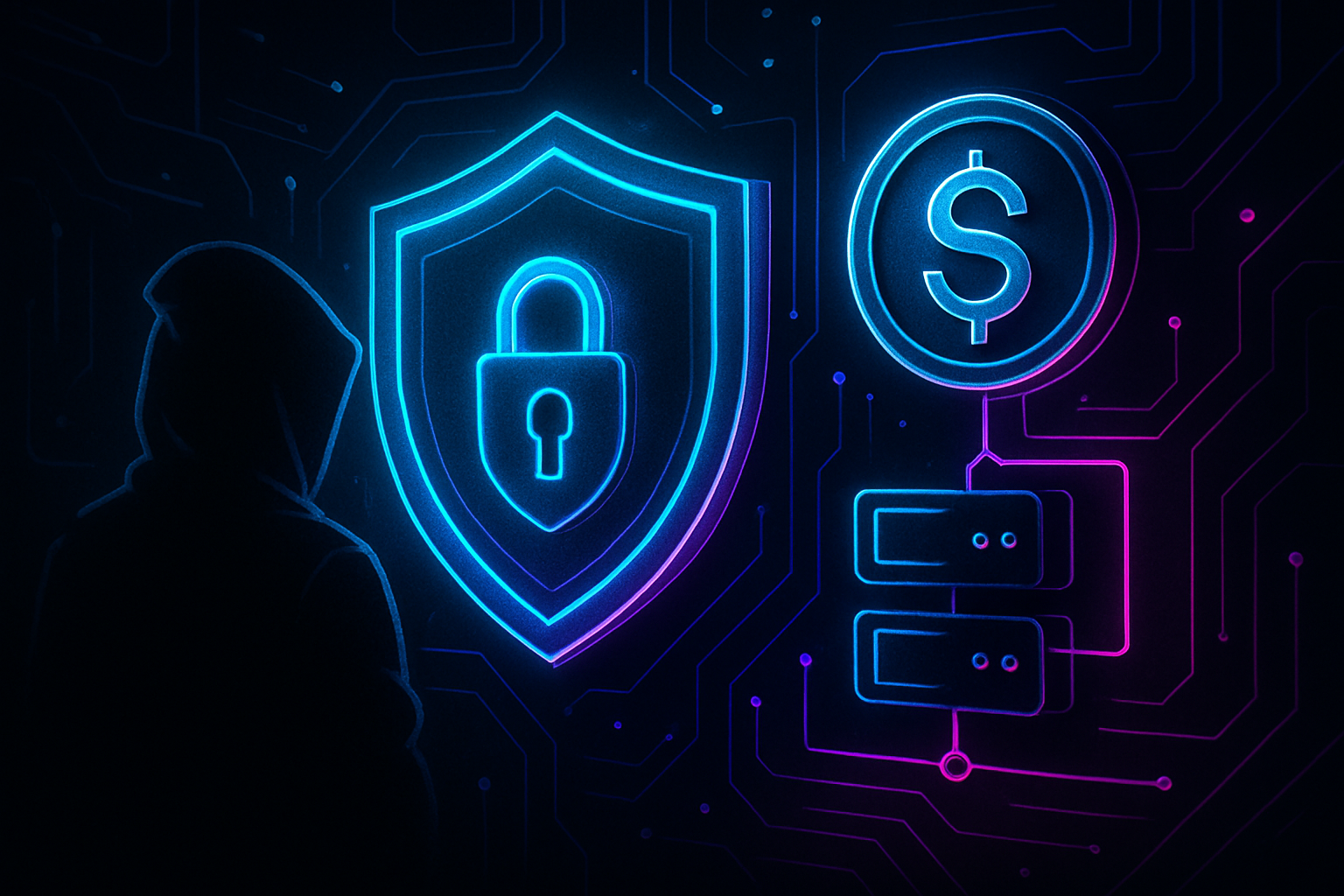
Stablecoins have become a cornerstone of DAO treasury management, offering price stability and efficient on-chain payments. Yet, the radical transparency of public blockchains exposes treasuries to new risks: every transfer, salary disbursement, or strategic investment becomes visible to competitors and the public. For decentralized organizations handling millions in assets, this lack of privacy is more than an inconvenience – it’s a critical vulnerability that can lead to salary leaks, front-running, and even targeted attacks.
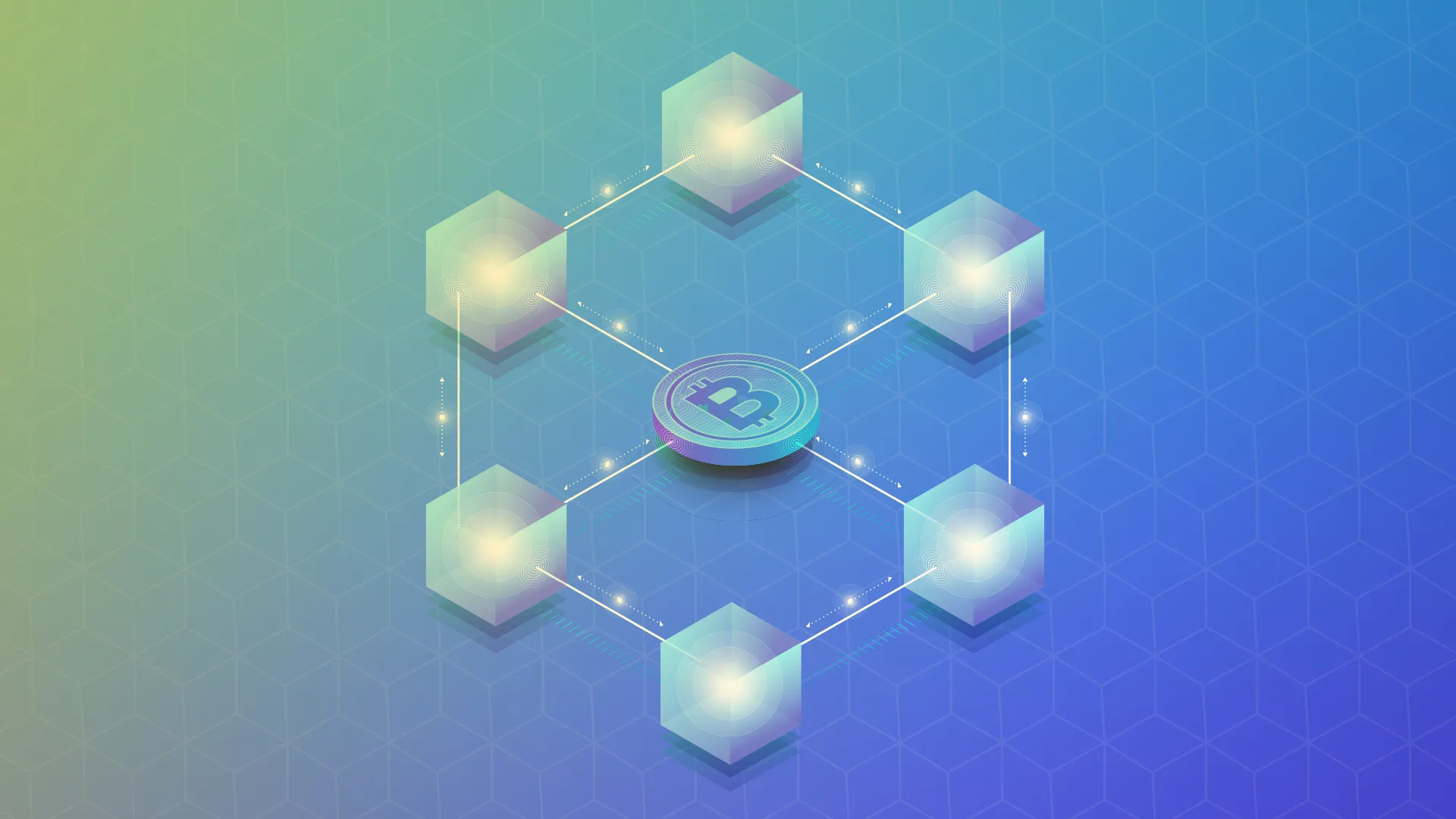
Why Privacy Matters for DAO Treasury Flows
Public blockchains are designed for transparency, but DAOs require confidentiality in their financial operations. Payroll details, grant distributions, and investment allocations should not be broadcast to the world. Recent regulatory developments like the GENIUS Act underscore the need for both compliance and privacy in stablecoin payments. As the U. S. Treasury seeks public input on privacy and cybersecurity risks associated with payment stablecoins, DAOs are increasingly seeking solutions that deliver both regulatory alignment and robust data protection.
Evolving Solutions: Zero-Knowledge Proofs and Beyond
The market has responded with a new generation of privacy-preserving stablecoin payment protocols. These technologies leverage zero-knowledge proofs (ZKPs) and advanced cryptography to encrypt transaction details while preserving auditability for permitted entities. For example:
Top Privacy-Preserving Stablecoin Protocols for DAOs
-

Taurus’s Privacy-Preserving Stablecoin Contract: In June 2025, Taurus SA launched a private stablecoin contract on Aztec Network‘s zero-knowledge Layer 2. This contract encrypts all transaction details, ensuring only authorized entities (like issuers and regulators) can access sensitive information, combining regulatory compliance with robust privacy.
-
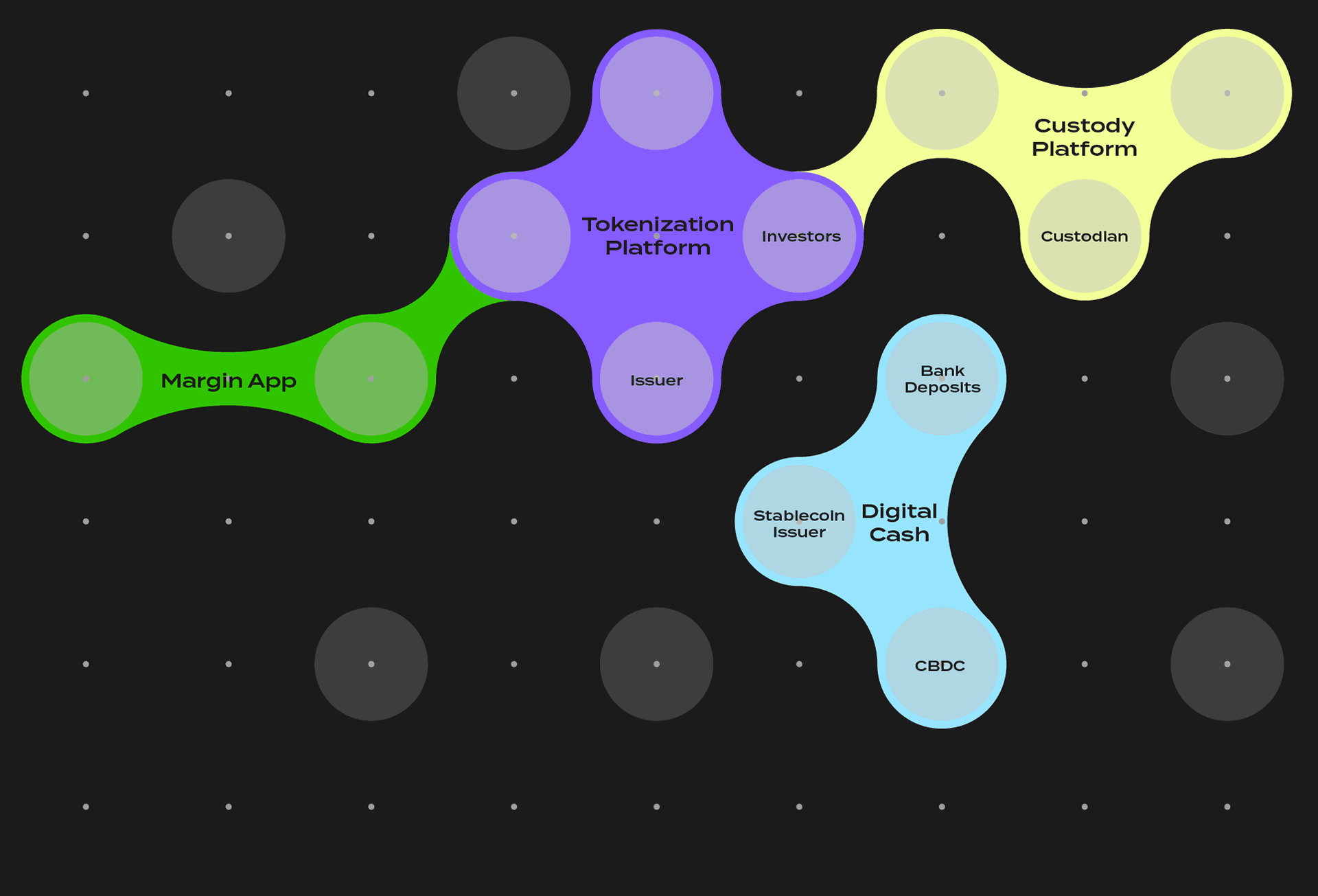
Canton Network’s Private Stablecoin Payments: Canton Network integrates privacy into stablecoin transactions, enabling DAOs and businesses to make on-chain payments while keeping transaction details confidential. This prevents exposure of sensitive financial data to competitors or the public.
-
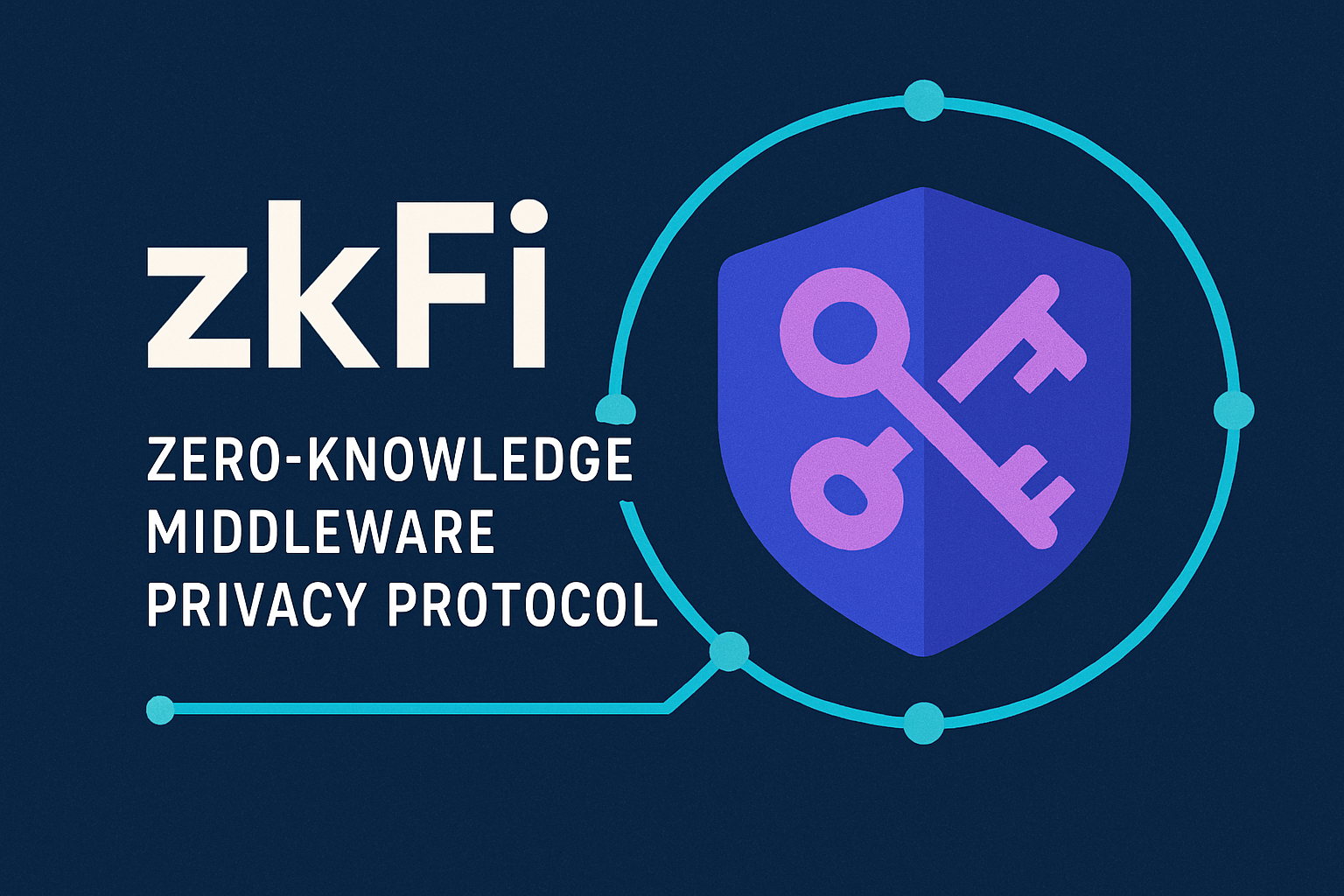
zkFi Middleware Solution: zkFi offers a middleware protocol that brings zero-knowledge proofs to multi-chain environments, including DAOs. It enables private treasury management while maintaining regulatory compliance, making it easier for DAOs to protect transaction confidentiality.
-
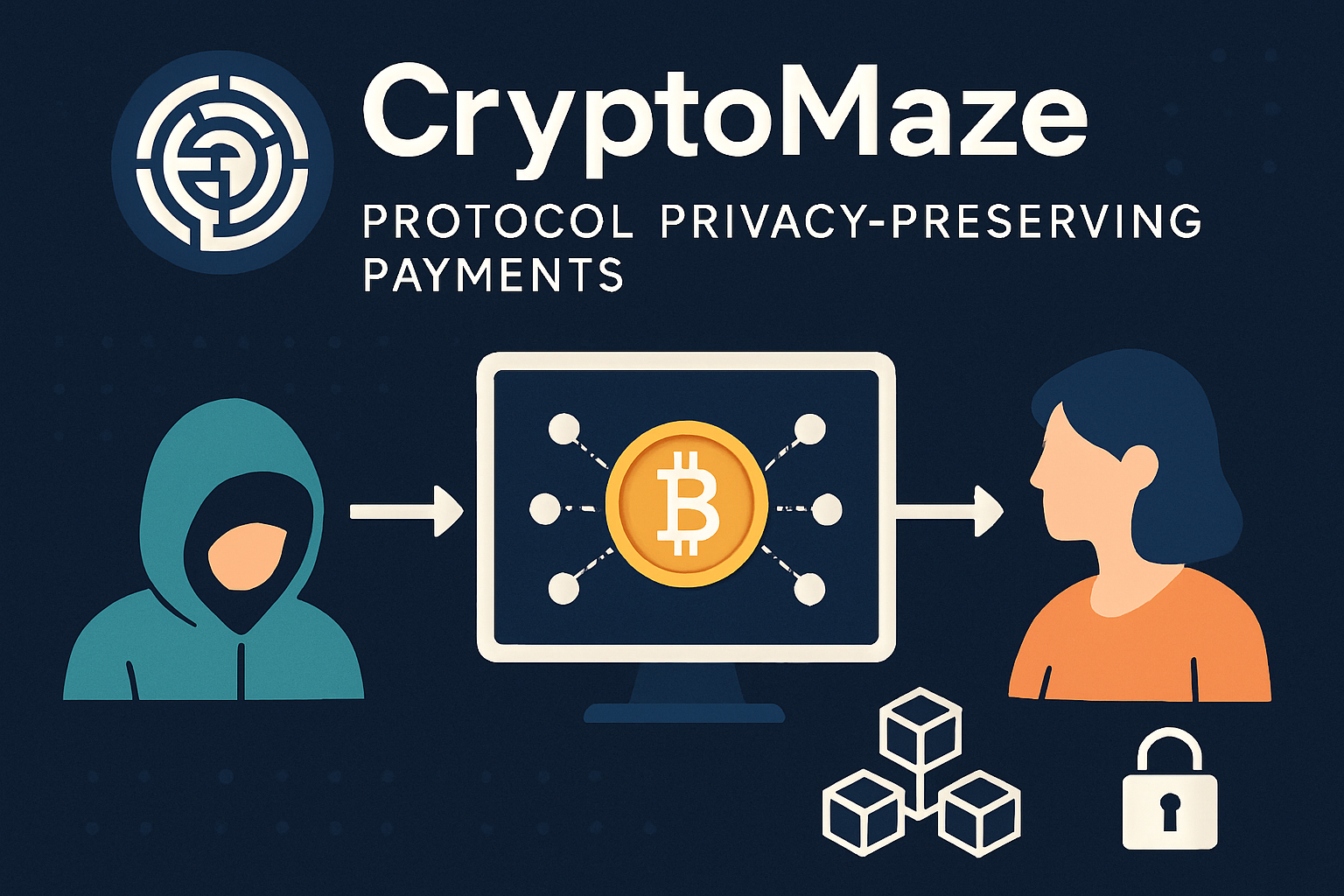
CryptoMaze Protocol: CryptoMaze is a privacy-focused payment protocol that splits off-chain payments across multiple routes, ensuring faster settlements and enhanced privacy. Its design is well-suited for DAOs requiring confidential and efficient treasury operations.
-

Investcoin Framework: Investcoin provides a privacy-preserving investment framework, revealing only total payment sums while keeping individual transactions confidential. This is particularly valuable for DAOs managing pooled investments and seeking to shield sensitive financial flows.
Taurus SA’s deployment of a private stablecoin contract on Aztec Network’s ZK Layer 2 platform ensures that only authorized parties can view transaction specifics while keeping data hidden from public view (source). The Canton Network offers similar capabilities by enabling confidential business payments on-chain without sacrificing utility (source). Meanwhile, middleware like zkFi integrates ZKP-based privacy into multi-chain DAO operations (source).
The Compliance Balancing Act: Privacy vs. Regulation
The challenge for DAOs is not just technical but also regulatory. The IMF highlights the concept of “smart-compliant” payment systems that fight crime while protecting user privacy – a vision echoed by industry leaders who argue that privacy must be baked into stablecoins, not bolted on as an afterthought. Solutions like Taurus’s contract allow for selective disclosure: regulators or auditors can access encrypted data when necessary, but sensitive financial flows remain shielded from prying eyes.
Key Features Driving Adoption in 2025
- Confidential payroll and grant disbursements: Preventing salary leaks and donor exposure is now feasible with ZKP-based solutions.
- Regulatory compliance: Selective access models let DAOs satisfy legal requirements without surrendering operational secrecy.
- Reduced counterparty risk: Competitors cannot front-run investments or exploit treasury strategies if flows remain confidential.
- User trust and security: Members feel safer participating when their transactions aren’t exposed to the world.
The Road Ahead: Integrating On-Chain Privacy Tools With DAO Workflows
The next phase involves seamless integration of these privacy tools into existing DAO treasury platforms. Middleware such as zkFi acts as a bridge between multi-chain protocols and user-facing dashboards, making private transactions as easy as public ones. Off-chain protocols like CryptoMaze further enhance confidentiality by splitting payments across multiple paths – reducing traceability without sacrificing speed or cost efficiency (source). The Investcoin framework takes this further by revealing only aggregate sums rather than individual transfers (source).
